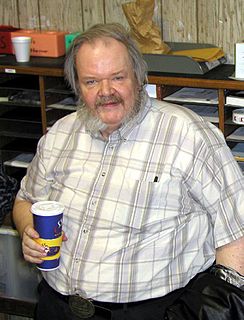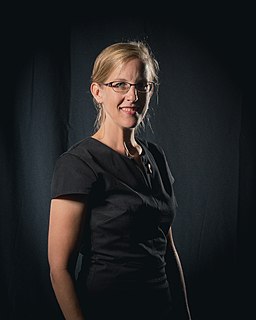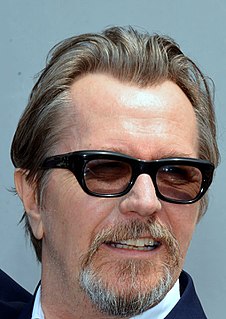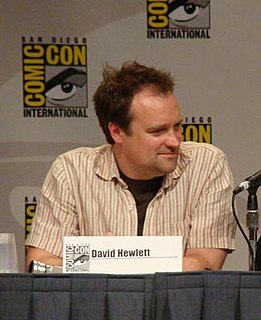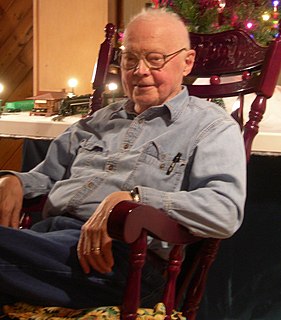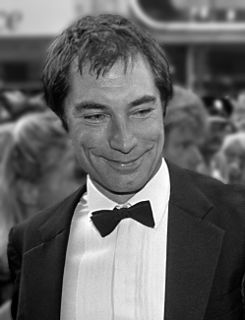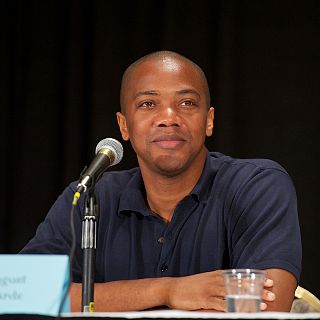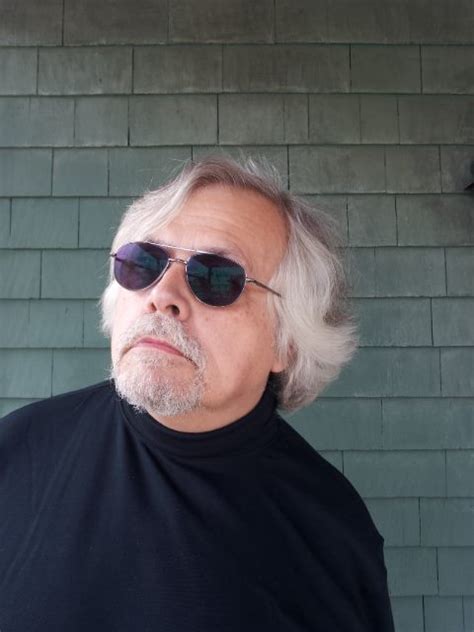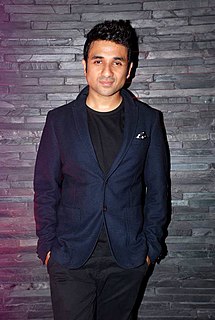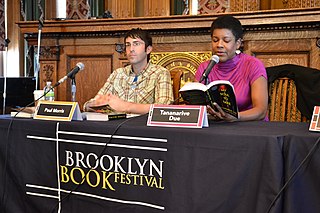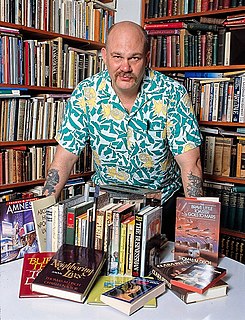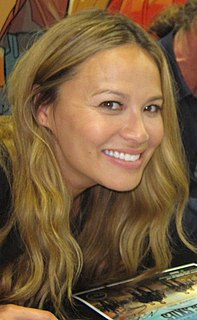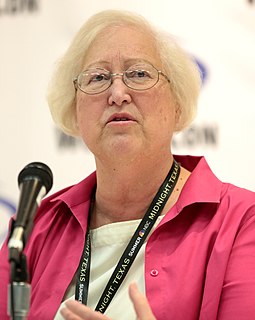Top 1200 Science Fiction Quotes & Sayings - Page 16
Explore popular Science Fiction quotes.
Last updated on December 12, 2024.
Science is constantly proved all the time. If we take something like any fiction, any holy book, and destroyed it, in a thousand years' time, that wouldn't come back just as it was. Whereas if we took every science book and every fact and destroyed them all, in a thousand years they'd all be back because all the same tests would be the same result.
Memory is like fiction; or else it's fiction that's like memory. This really came home to me once I started writing fiction, that memory seemd a kind of fiction, or vice versa. Either way, no matter how hard you try to put everything neatly into shape, the context wanders this way and that, until finally the context isn't even there anymore... Warm with life, hopeless unstable.
Sci-fi uses the images that sf - starting with H.G. Wells - made familiar: space travel, aliens, galactic wars and federations, time machines, et cetera, taking them literally, not caring if they are possible or even plausible. It has no interest in or relation to real science or technology. It's fantasy in space suits. Spectacle. Wizards with lasers. Kids with ray guns. I've written both, but I have to say I respect science fiction enough that I wince when people call it sci-fi.
I remember reading an interview with a writer who said that in nonfiction if you have one lie it sort of messes it up. But in fiction the real details give you so much more credibility, because people do so much research just to write fiction. In fiction you're trying to recreate something lifelike.
